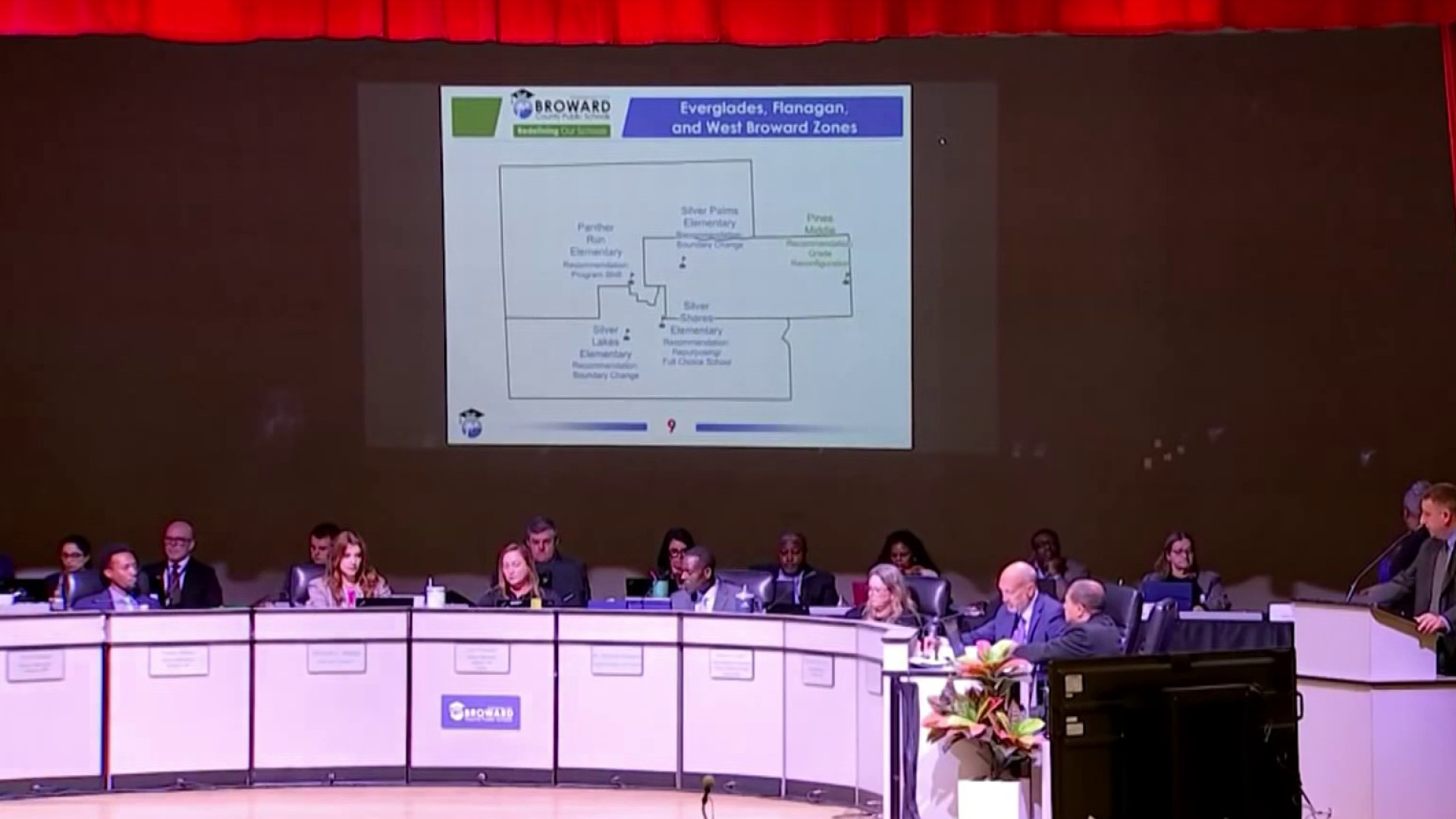The coral reefs of South Florida are suffering through what may be their worst summer ever.
The abnormally high water temperatures have caused widespread coral bleaching, and the heat wave appears to be causing a fatal condition called Stony Coral Tissue Loss Disease to spread faster than usual.
“Oh for sure, we’re seeing 89, 90 degrees at 15, 20 feet deep where the corals are on the first reef so we’re seeing there’s definitely a big impact,” said Hunter Norin, a coral researcher at Nova Southeastern University.
“This year it’s exceeded all previous numbers that we’ve had on record in any prior year,” added Norin’s research supervisor, Dr. Brian Walker of NSU.
Get South Florida local news, weather forecasts and entertainment stories to your inbox. Sign up for NBC South Florida newsletters.
The effects of the disease can be seen easily on the reefs in Broward County. It’s not new, scientists identified it in 2014 and say since then, it has destroyed about 60% of the living corals on Florida’s reef tract and it has spread to the Caribbean as well.
The NSU researchers have been monitoring more than a hundred sites on the reef from Broward down to Biscayne National Park. They use an antibiotic paste to treat the disease, and they also use a power tool to cut channels in the coral heads. These act like firebreaks in a forest to stop the disease from progressing.
“It doesn’t stop it from getting disease again in the future, so we have to repeatedly go back to these corals to make sure that they stay disease free,” Walker explained.
Local
“We’ve been treating for 5, 6 years, going out on the reef, just searching for disease, and we’ve treated more in the last two months than we have in the entire last year,” Norin added.
It’s an uphill, against the current battle that they can’t win everywhere.
“We call ‘em tombstones,” Norin said, describing areas devastated by the disease. “Unfortunately, it’s just rocks that were previously live corals and now you go and it’s just tombstones, rocks everywhere, we’ve seen some reefs decline 20, 30% in the last six months.”
To fight back, the NSU team is raising corals in their land-based aquarium tanks. They transplant them onto dead coral heads, trying to resurrect them.
“When a large colony dies, it has a nice clean surface, we can take these corals and put them out on that nice clean surface and promote the growth of coral back on to that surface,” Walker said.
It’s a little like applying a Band Aid to a massive wound, but it’s better than doing nothing.
“We try to do what we can and take solace in the corals we do save,” Norin said.



